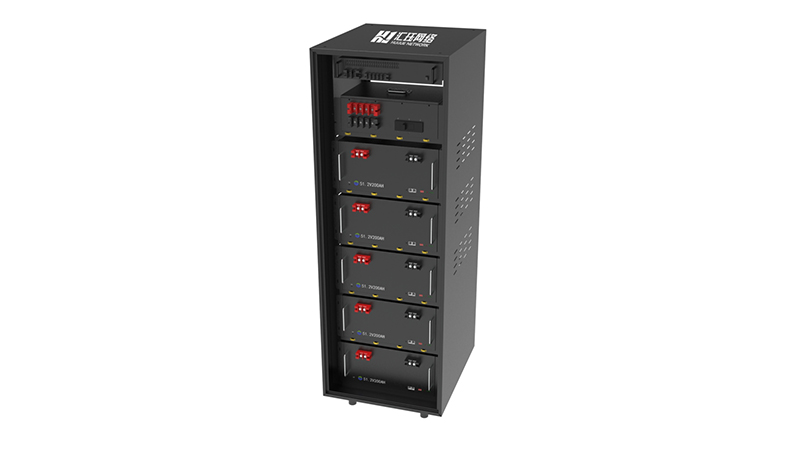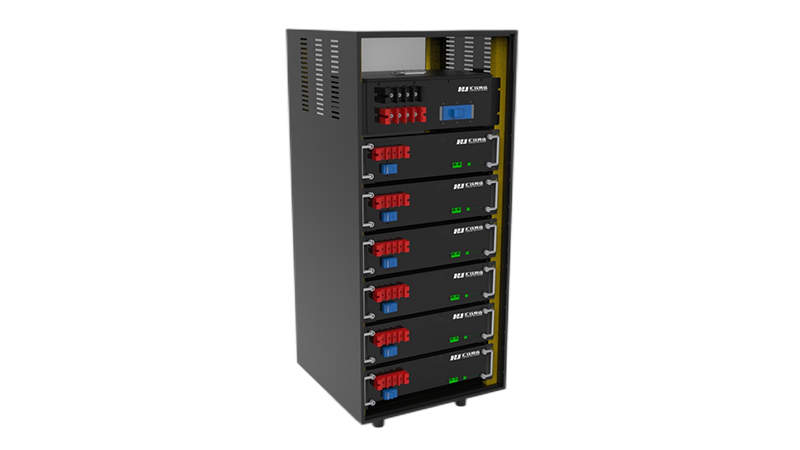
[Energy Storage] Talk about the AFE chip in battery management
New energy is in a stage of rapid development. Although it faces many problems such as batteries and safety, with the reduction of petrochemicals and the seriousness of air pollution, as well as the country’s new energy (it is reported that Hainan has proposed to ban the sale of fuel vehicles in 2030) The support of new energy will be the general trend of automobile development, but it will take a long process, and it will not be accomplished overnight.

You may have a lot of new energy vehicles such as Tesla or BYD around you, and you may have heard of CATL Kirin batteries and BYD’s lithium iron phosphate batteries, but you may not have noticed a core component of car safety–AFE simulation front-end chip. The AFE analog front-end chip (specifically refers to the battery sampling chip in BMS) is used to collect information such as cell voltage and temperature, and also supports battery balancing functions. Generally speaking, the chip will integrate passive balancing functions.
New energy vehicles are in full swing, but the core chip battery analog front-end chips are firmly controlled by foreign manufacturers. The main difference between the AFE chips used in automotive BMS lies in the number of sampling channels and the number of internal ADCs, etc., and the technical difficulty of AFE chips is very high. The value is also high. The main suppliers include ADI, TI, ST, Panasonic, NXP and Renesas. There are almost no companies in China that can produce automotive-grade AFE chips.
Although there is a clear gap between Chinese local companies and international manufacturers, after years of accumulation, on the basis of research and development of BMIC and AFE for consumer electronic equipment, domestic companies, such as Zhongying Electronics, Saiweidian, BYD Semiconductor, Companies such as CHIPWAYS, Chipsea Technology, Shengbang Micro, Nanxin Technology, and Ninestar are already actively deploying automotive-grade BMIC and AFE products. BYD Semiconductor has launched an automotive-grade AFE chip that meets the AEC-Q100 standard. Qipuwei focuses on the R&D and sales of automotive intelligent core chips, and its main products include automotive-grade power management chips, sensors, etc.
It is believed that in the near future, AFE chips will accelerate domestic substitution and use Chinese chips to guard the security of China’s new energy policy.



